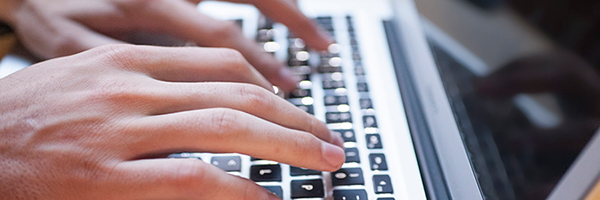
I was able to be “in the moment” instead of trying to preserve the moment.
Life is filled with tens of thousands of moments. Most of those moments are the mundane and ordinary ones that give us a connection to others. Sitting in a waiting room full of strangers at the doctor’s office isn’t high on anyone’s list of preferred activities. But the mundane of those minutes ticking by, waiting, reminds us of the fragility of life. The companionship of strangers reminds us that we aren’t alone. The sheer discipline of having to sit, watching the health PSAs scroll across the corner TV, reminds us of the importance of slowing down and taking care of ourselves.
We use social media as a way to preserve a few of those moments because we think those are the ones that matter the most. We cull all of our lives into the most memorable, the most noteworthy, or what is most likely to peak an interest in others. We believe that what we experience or accomplish in those few moments is what gives our lives meaning.
We would never post pictures while sitting sick in the doctor’s office. No one wants to see that. So instead, we post the selfie with the exercise bike when the counter clicks to “50 miles” or the the picture of our family standing on the edge of the Grand Canyon. Very few of us have the nerve to share the make-up free selfie or the picture of the rejection letter from our college of choice. It’s the reason why many of us take the same picture eleven times before posting it online. Though we don’t like admitting it, we love the affirmation in the form of a smiley face or thumbs up that come from social media when the picture is just right.
Netflix explored this idea in an episode of the hit show “Black Mirror.” One episode is set in a near-future society where citizens are granted “points” on social media based on the response from others to each post. The points are used to create a social caste system that determines who can be your friends, the type of career you can have, and where you can live. Everyone’s time is spent posting the best of themselves in hopes of gaining social equity. It leads to internal stress and depression, animosity towards one another, and a devaluing of certain individuals. No one enjoys the moment because they are so distracted with considering how the moment might affect their future.
Social media has allowed us to become curators of our lives. The problem is that this accumulation of thousands of posts, pictures, and comments doesn’t typically let others into the deepest parts of us. This is particularly true when you consider the types of things we post—the “filtered” moments of our lives.
Photo filters are hugely popular on sites like Instagram. They allow you to do everything from removing skin blemishes and toning down your body fat to superimposing yourself into a picture with a celebrity or cutting out a photo bomber in the back of your selfie. In its simplest terms, photo filters let you alter reality. On a much broader scale, social media has become the photo filter for our lives.

There is a revealing episode (#68) of the NPR podcast called “Hidden Brain” that you should take the time to listen to. In the episode, entitled “Schadenfacebook,” we meet Rachel Lenard. She’s a free-spirited travel junkie. As she travels from country to country, hiking long trails, seeing exotic places, she posts photos of her adventures. Her friends and followers make glowing comments on her life, but the more praise she gets the more confined she feels. She talks about the pressure to only post the good stuff. Regarding the view from her front porch, she says, “If you looked only straight, you could see mountains. If you looked to the left, you’d see a factory, but of course I didn’t take pictures of the factory, because why would you do that?” Her life online ended up being a less-than-true representation of her life.
“If you looked only straight, you could see mountains. If you looked to the left, you’d see a factory, but of course I didn’t take pictures of the factory, because why would you do that?”
The time I spent intentionally not posting and tweeting allowed me to take the pressure off of my social media involvement and just be in the moment. I could experience a rock climbing trip with my family without constantly thinking how great this moment would look on Instagram. I didn’t have to micromanage my words or appearance, because I knew that this particular moment was for those of us right there experiencing it.
I have a friend named Bill I. who smiles nonstop. He frequently drops “quotables” into our conversations––the kind of thing someone says that sticks with you. I remember having lunch with Bill during my social media sabbatical when he dropped one of those word bombs in the conversation. My first thought was, “That is a great tweet for later.” But I don’t remember the next few sentences in the conversation, because I was so focused on my Twitter account! Thankfully, I quickly snapped back to what was important––this friend across from me. By the way, I never did put the quote online. It was just kept as a moment between him and me; the way moments should be.
